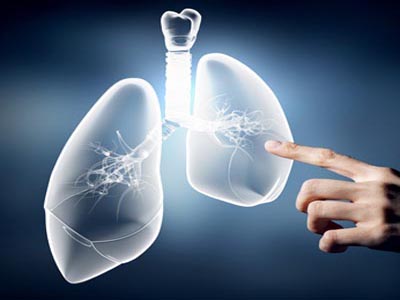
What are the Lung Cancer Risk Factors?
Anyone can be affected by lung cancer. Lung cells that mutate or undergo other changes may become malignant. Numerous distinct factors can result in this mutation, an irreversible change made to the DNA sequence of a gene. When a person breathes in dangerous or harmful substances, lung cells frequently undergo this change. Even if it has been a long time since your last exposure to these medications, you are still at risk of developing lung cancer. If you have been exposed to any substances listed below, you must talk to your doctor about them and take the appropriate safety measures to reduce your risk and safeguard your lungs. Reach only the best cancer surgeon for effective treatment.
Smoking
The main risk factor for acquiring lung cancer is smoking. Ninety percent of all cases of lung cancer are caused by it. Many substances in cigarette smoke have been connected to lung cancer development. If you smoke, giving up is the most crucial thing you can do to improve the condition of your lungs.
Not just smokers, but a wide range of people, are adversely affected by cigarette smoke. When you stop smoking, your risk of getting lung cancer decreases, but it is still possible for you to contract the disease.
Radon
The second most frequent cause of lung cancer is radiation exposure. Radon is an odorless, colorless radioactive gas that exists naturally in soil. It emerges from the earth and enters buildings through tiny fissures and crevices. One in every fifteen homes in the United States has Radon in it. Your chance of getting lung cancer is greatly elevated if you smoke cigarettes and are also exposed to Radon.
Test the radon levels in your home. This can be achieved with the aid of test kits sold in hardware stores. These kits are affordable and easy to use. Top Cancer surgery and treatment also suggest the part played by Radon in causing lung cancer.
Pollution with Particles
A wide range of incredibly small solid and liquid particles in the air is called "particle pollution." There is growing proof that breathing in large amounts of particle pollution, like that seen in exhaust smoke, increases the risk of lung cancer. Take action to reduce pollution. Improve the quality of the air you and your family breathe by working with other community members.
Genes
According to some data, a person's family history may impact their risk of developing lung cancer. An increased likelihood of lung cancer may be indicated if someone in your family has had the disease. You must be completely honest with your healthcare professional about any family members who have lung cancer now or in the past.







